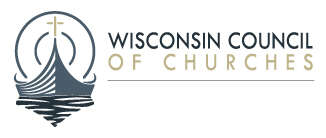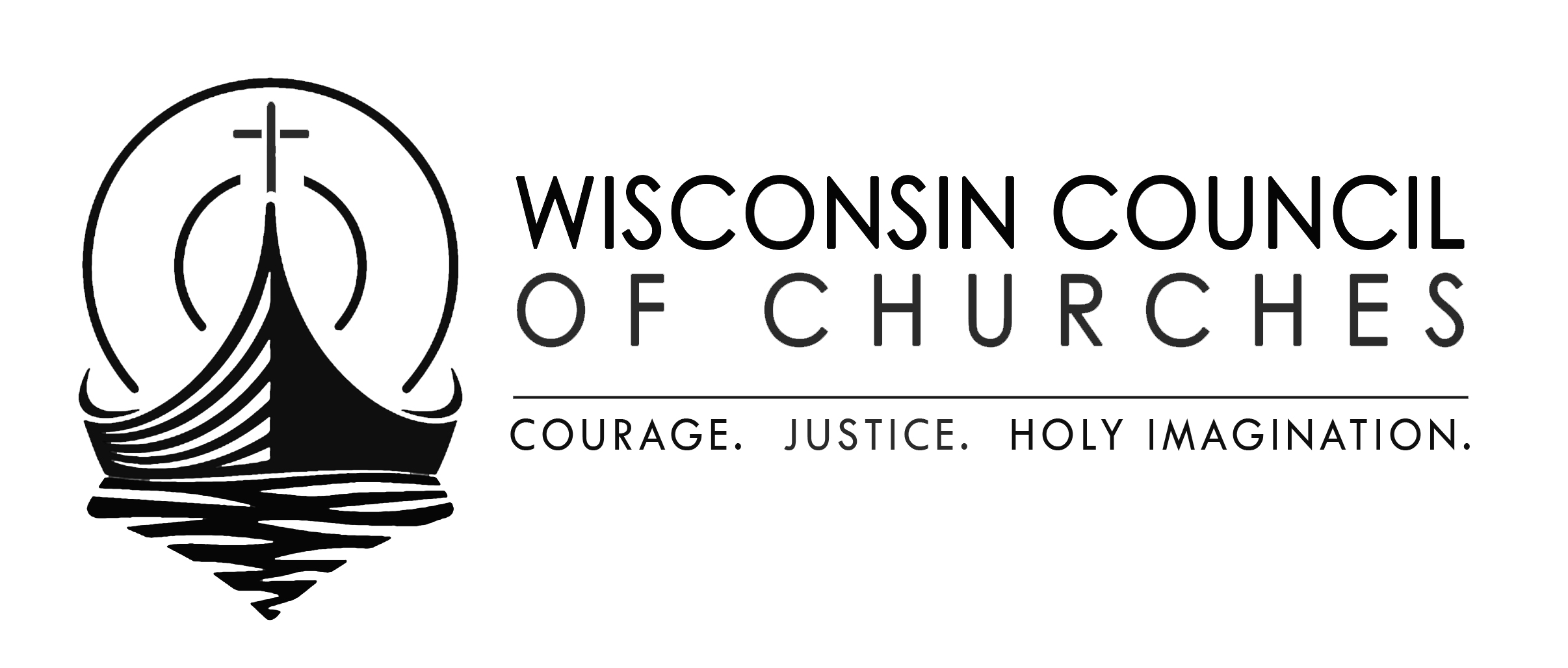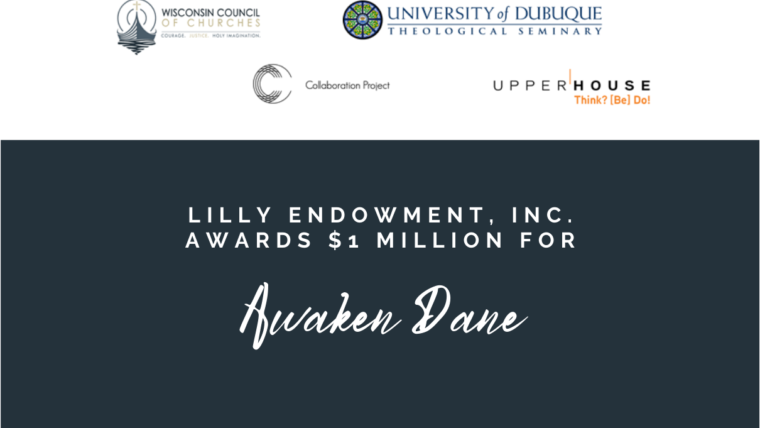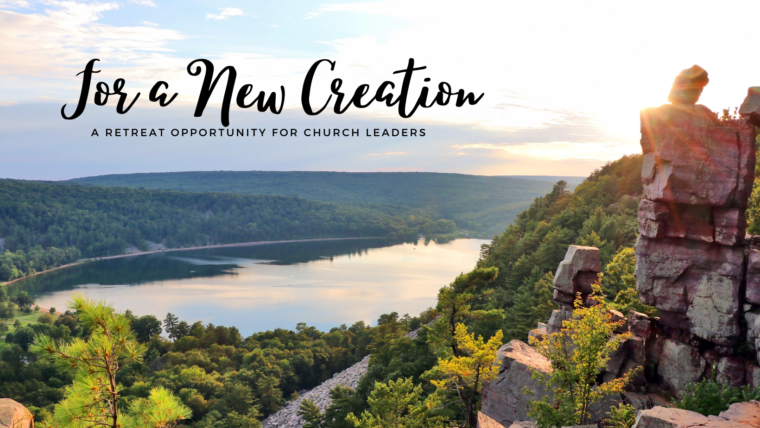Digital Ministry Road Trip Wrap Up
Rev. Breanna Illéné, Director of Ecumenical Innovation and Justice Initiatives
For the past several years, much of my work has taken place in digital space. COVID forced us online and I remained there as it is more efficient and cost-effective for a statewide organization to hold meetings online rather than driving everywhere. But this summer I hit the road as a part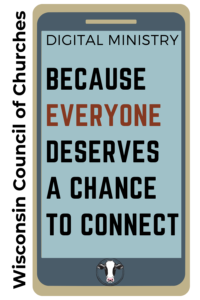 of a Digital Ministry Road Trip. Is it ironic that I went in person to talk about internet and digital space? Probably. But more than 2600 miles, 15 conversations in 14 cities later in 11 counties, I have realized this is a vital conversation the Church needs to be having.
of a Digital Ministry Road Trip. Is it ironic that I went in person to talk about internet and digital space? Probably. But more than 2600 miles, 15 conversations in 14 cities later in 11 counties, I have realized this is a vital conversation the Church needs to be having.
This August, the WCC partnered with the United Way, through a grant from the Public Service Commission’s Internet for All project to host listening sessions about internet access. In each church, we asked the same questions around affordability, accessibility, adoption, and security and heard about how digital access is not equal across our state. We heard about how the lack of competition keeps internet prices high, the difficulties of getting any internet access (much less affordable internet access) in rural areas, concerns around keeping up with devices, the lack of knowledge about how to set up and use the internet, and many concerns about safety.
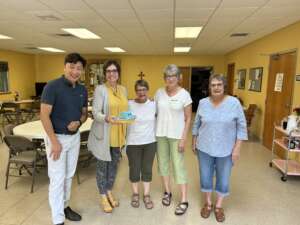 The reality is that the internet is no longer a luxury but a requirement to access most services in our world today. In two of the questions, we invited people to list how they currently use the internet and what devices they use to access the internet and each time the group was shocked at how connected we are. We heard stories of a youth at camp who had to find Wi-Fi regularly in order to use their medical device to manage their diabetes. We learned about hearing aids run through cell phones. We realized that many things like voter registration, license renewal, and bill paying only happen online. We reflected on the fact that smart homes (internet-run light bulbs, window blinds, security, etc.) can allow older adults to live independently in their homes longer.
The reality is that the internet is no longer a luxury but a requirement to access most services in our world today. In two of the questions, we invited people to list how they currently use the internet and what devices they use to access the internet and each time the group was shocked at how connected we are. We heard stories of a youth at camp who had to find Wi-Fi regularly in order to use their medical device to manage their diabetes. We learned about hearing aids run through cell phones. We realized that many things like voter registration, license renewal, and bill paying only happen online. We reflected on the fact that smart homes (internet-run light bulbs, window blinds, security, etc.) can allow older adults to live independently in their homes longer.
While much of the conversation was the same in each location, I was struck how each city had a different nuance. Context matters and issues around internet access look different in each place. In one county we reflected what internet access looks like when 46% of the county is Plain (Amish or Mennonite) and many of them don’t use internet. In a city near Lake Superior we reflected on safety issues that occur when internet and cell phone service isn’t available on the lake and you can’t track the weather. I heard about the impact of tourists on cities that are considered rural but all of a sudden become urban on the weekends and holidays and how the internet needs to follow suit.
As I traveled from city to city, I found myself in deep reflection around our democracy and the role that the Church plays in it. We were hosting these conversations to garner feedback that would affect how the State of Wisconsin will spend the over $1 billion dollars coming from the Bipartisan Infrastructure plan to implement broadband in our state. And this was important work. But also, following a number of community conversations where people expressed their frustration, they asked, “What else can we do to fix these real problems in our community?” We talked about the fact that they had taken a first step by giving feedback and the next was to contact their local representatives and share their problems with them. One church got excited and had the idea of applying for funding to organize a postcard campaign to empower members of their congregation and community to write to their officials about this topic. I also realized that though the data we collected was important, the conversations people had and the stories they shared with each other were even more important. I walked away from every session having learned something new and I was not alone. Those involved in these conversations learned of new resources, new challenges, and new ideas of how to address problems facing their communities.
At one point, I messaged the rest of the WCC staff and asked, “What would it look like if churches were centers of democracy?” I dreamed of the Church hosting conversations about issues affecting our communities and then inviting people to work toward solutions on a variety of levels, whether that be by organizing amongst local entities, finding new resources, addressing policy solutions, or all of the above. The possibilities are endless.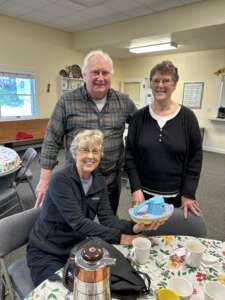
Throughout these conversations, I heard and we dreamed up many ways that churches could help address some of the issues around digital equity communities are facing. What would it look like to provide welcoming space for people to do telehealth or other appointments if they don’t have access to reliable internet? What would it look like to provide space and contract with someone to provide tech help sessions where people could drop in to learn about their devices and ask questions? What would it look like to have an organized team to share about ways to make internet more affordable through programs like the Affordable Connectivity Program (learn more here) and Lifeline (learn more here), reaching out to those most likely to be affected in your community? What would it look like to host workshops for parents to learn how to navigate screens and social media with their children? What would it look like to address the loneliness that people face because of the breakdown of relationships and lack of physical contact between people?
There are so many ways that churches can be one piece of the solution to the complex problems facing our communities. One of my biggest takeaways from this Digital Ministry Road Trip is that context matters. Both problems and solutions look different in each place and so each church needs to be asking questions and discerning how they fit into the puzzle. I will continue to share what I learned in the upcoming months. In the next few weeks, watch the WCC’s ENews for an article on Digital Ministry and then the launch of a weekly tips & tricks column that can help your church reflect on where you can play a role in addressing the needs of your community. Internet access is a real need in our communities and churches are one resource that can help bridge gaps and make our communities stronger.
Want to add your voice to the digital equity conversation? We are hosting 2 online conversations and a survey in order to gather more data. Spots are limited
Session 1: Tuesday, September 19, 6:30pm-7:30pm Register Here
Session 2: Wednesday, September 20, 12:30pm – 1:30pm Register Here
Or if you can’t make a live session, fill out a survey here!
(Spanish and Hmong versions are also available)
